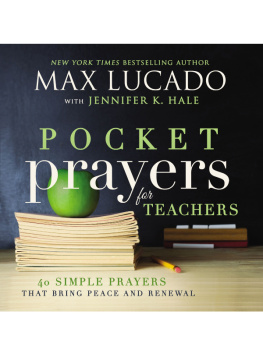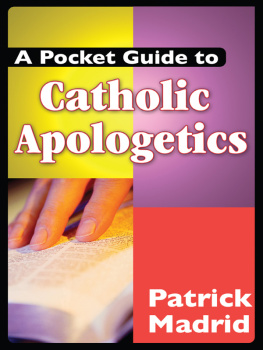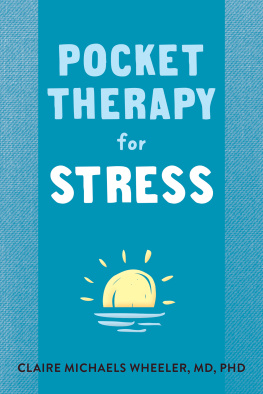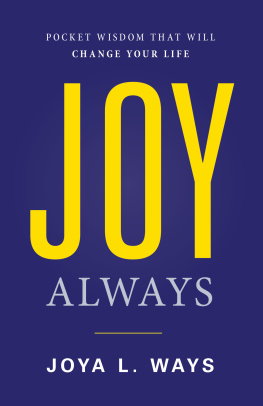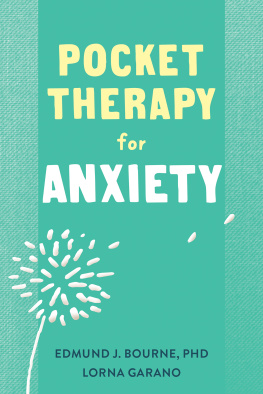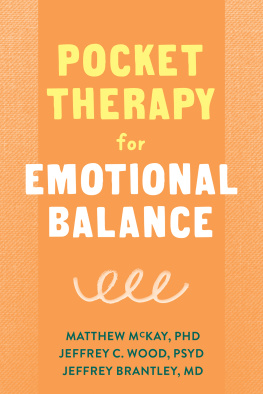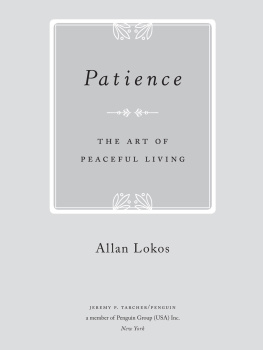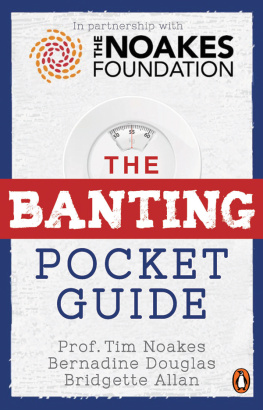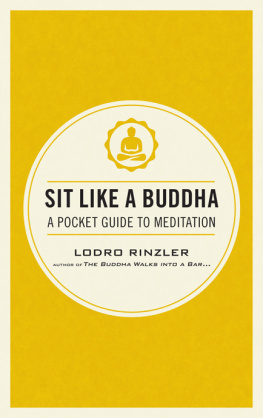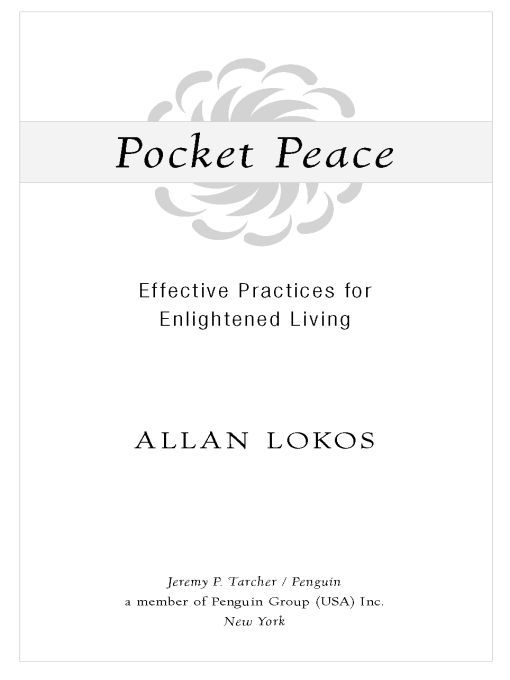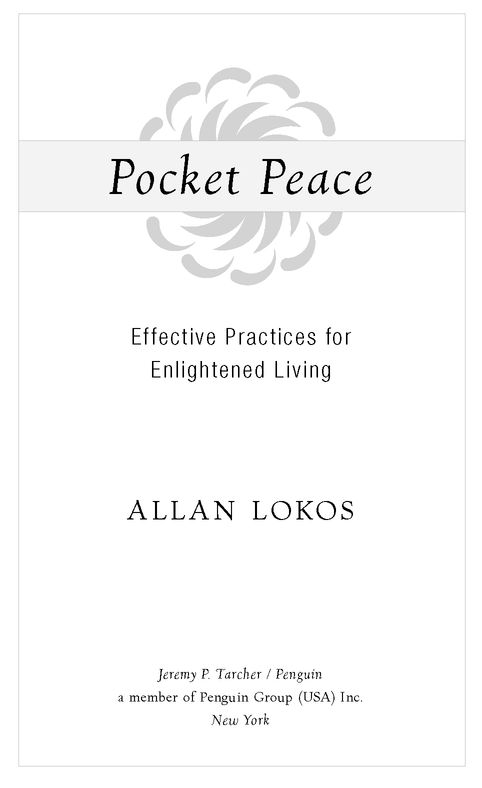Table of Contents
To Susanna, with Love and Gratitude
Foreword
If we stop and listen, become still and quiet enough to be rightly awed by the nature of our lives, we invariably find ourselves in conversation with some small voice, close and familiar, calling us to become better people, to be wiser, more focused, clear, at peace.
This deep listening, this call, this ache to be good and whole, is not as particularly noteworthy as it is ordinary. After all, this is what we are made for. To be cleansed of greed, anger, and hate. To be awake. To be happy and at peace. To give, receive, become love.
But if we are blessed, and somehow find ourselves in this becalmed state of heart, we may find yet another challenge awaits us: What do we do now?
Here, we will undoubtedly feel an ancient pull in one of two seemingly opposite directions. Does our spiritual nature call us to retreat farther and farther from the noise and chaos of a world seemingly bent on its own destruction? And there pray, meditate, and calm our hearts, chanting ancient and sacred teachings, one less soldier in the war, quietly sending our healing, freely offering our own inner peace?
Or, newly awake in the power of love, does our love become action, our words become flesh, and our spiritual practice and our kindness suddenly inseparable, as we roll up our sleeves to do what we can to heal the sick, bind up the wounded, feed the hungry, comfort the bereaved?
Tending the inner life of our spirit and lovingly offering our generosity in the world are inseparable as the breaththe inhale and the exhale. Both are required for life to continue, to grow. Sadly, too many teachers and traditions tend to favor one over the other, insisting that either inner or outer practice is in some way morally or spiritually superior. This ridiculous, wastefully indulgent conflict has plagued and paralyzed seekers, teachers, traditions, and communities of people everywhere.
Thankfully for us, Allan Lokos is magnificently uninterested in the timeless and seductive false choice between spiritual contemplation and spiritual action. Like all good teachers, he ignores both sides altogether and, taking our hand, guides us gently and confidently into the heart of the matter: a simple moment of attention, a day well spent, a life well lived.
Allan will say he is a student of Buddhism, which is surely true. He also loves music, cadence, simplicity, grace, wonder, and his luminous wife, Susanna. I have never seen him feel any need to choose among them. This is his gift to us: His intoxicating certainty that the smallest, simplest, next right thing is never a difficult choice. It is simply the next right thing.
In Pocket Peace, Allan walks us through the world, asks us to pay attention, to stay awake inside and out, and fills our pockets to overflowing with small, good things to do. Because it matters what we do. Ask the Buddha, ask Jesus, ask Mohammed, ask Mother Teresa, ask Black Elk. Through these and other teachers, Allan offers us this fiercely compassionate clarity: No matter who we are, what we believe, how sweet or beautiful our thoughts or ideas, when we step onto the landinto the street, the marketplace, the worldit matters what we do.
In the Christian New Testament, James writes a letter directly challenging a growing sentiment in the young church (a sentiment still wildly popular today) that our spiritual faith is what heals us, rendering service to otherswhat we do in the worldof little consequence:
What does it profit, my brethren, if a man says he has faith but has not works? Can his faith save him? If a brother or sister is ill-clad and in lack of daily food, and one of you says to them, Go in peace, be warmed and filled, without giving them the things needed for the body, what does it profit? So faith by itself, if it has no works, is dead.
James 2:14-17, RSV
For Allan Lokos, as for us, this is not merely a theological issue. Every time Allan walks out his door in New York City, the character in this biblical story shows up right in front of him as a real, living person. If we, too, are to be real, living people, we have no choice but to learn to breathe, inhale and exhale, to pay attention and be kind, stay awake and offer what we can, find peace in our hearts and offer it easily and joyfully to the first distressing face we encounter.
For anyone else, a life so well balanced, well lived, and in harmony would seem impossiblea high wire act. Luckily for us, Allan has been crossing these busy streets his entire life. It feels good to follow him, and closely, for he seems to know the easiest, most playful way to the other side.
Wayne Muller
Santa Fe
August 2009
Introduction
Truths can be bitter and big; facts can be cold and hard. To be useful, facts need to be learned, so that you know, for instance, how many tables to ship when someone orders a gross, or how to create a table in Microsoft Excel, or how to set a table for an elegant dinner party. I find truths more interesting than facts. They usually address bigger questions, such as: What is the purpose of life? Who am I? Is there a God? Was it I who chopped down that cherry tree in a previous life? When truth and fact are in conflict, as they can be in important matters, I tend to side with truth because even relative truths are more stable than absolute facts, which seem to change on a daily basis with little or no warning. (Is broccoli still good for us? I cant remember.) In any event, truths and facts can be weighty stuff and especially difficult to untangle when life is coming at you quickly with both major and minor challenges, as it so regularly does. We often need to be quick on our feetor perhaps, more accurately, quick of mindable to respond in an instant to a challenging situation or earth-shattering news. To do that, we need a clear sense of who we are and what matters most to us. We must be well acquainted with our ethical center, or what I call our true self.
We live in a turbulent world struggling to find peace. There is a spiritual yearning so deep and pervasive that at times it is palpable, at other times subtle, barely simmering, yet its anxiety and unrest are ever-present. Even when all the pieces seem to be in placegood health, loving relationships, a rewarding careerit can still feel like something is wrong, unsettled, missing. We struggle to find meaning in a life that at times feels empty, fearful, and uncertain. We know we dont want to get sucked into the shadows of anger, fear, and greed, but they surround us and beckon to us. Within this setting, each of us is looking for what all sentient beings want, and have always wanted. To put it most simply, we want to be happy. We yearn for there to be meaning to our lives, balanced with a sense of inner peace and joy.
I am one of those fortunate people who enjoy remarkably good health. I rarely get a cold, and when I do, typically it lasts no more than a day or two. Not long ago my wife, Susanna, and I saw a wonderful performance of Iphignie en Tauride at the Metropolitan Opera in New York. As we were leaving the opera house I felt a kind of tingling sensation high up in my chest, near the esophagus. Im not familiar with the feeling of indigestion, but it seemed to me that this was what it would feel like. It lasted about twenty minutes and, although uncomfortable, there was no pain, and once it stopped there seemed to be no cause for concern. Later, at about five a.m., I went to the bathroom, and suddenly there was great cause for concern. Standing there, I felt light-headed and slightly nauseated. I grabbed the towel bar in front of me for support, but the next thing I knew I was flat out on the floor with the towel bar ripped out of the wall, clutched in my hands. Susanna, awakened by my crash to the floor, was at my side in an instant. We were now both in uncharted waters. My cold, sweaty head and extremely pale complexion raised concerns in Susanna about the possibility of a heart attack, so despite my protestations, she wisely dialed 911 and asked for help. Within minutes two policemen and two EMS crews were at my side. (It must have been a slow night in the world of New York City emergencies.)


